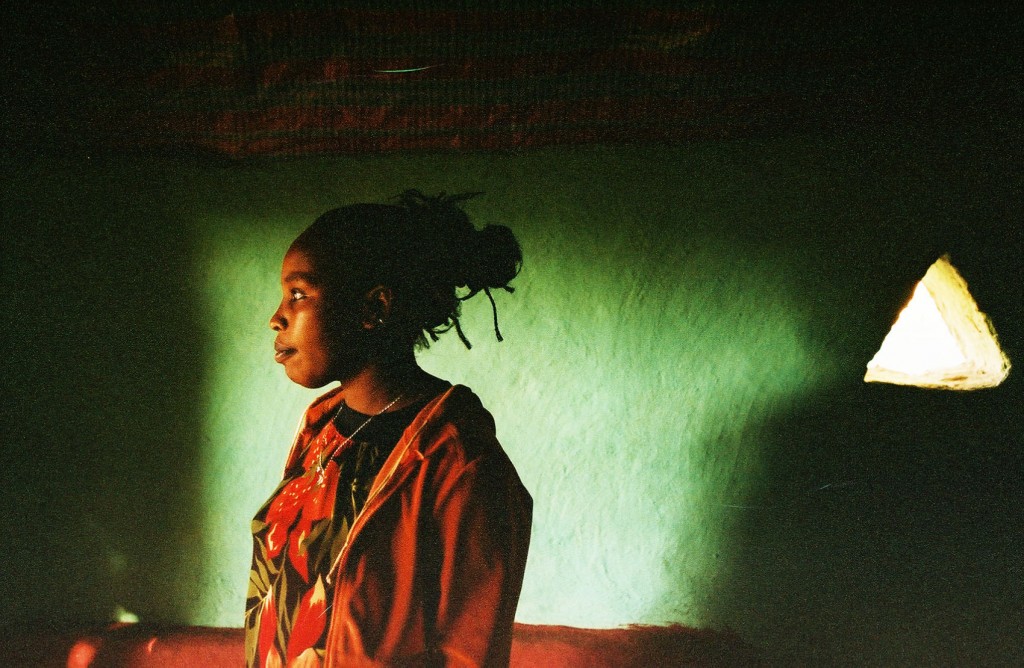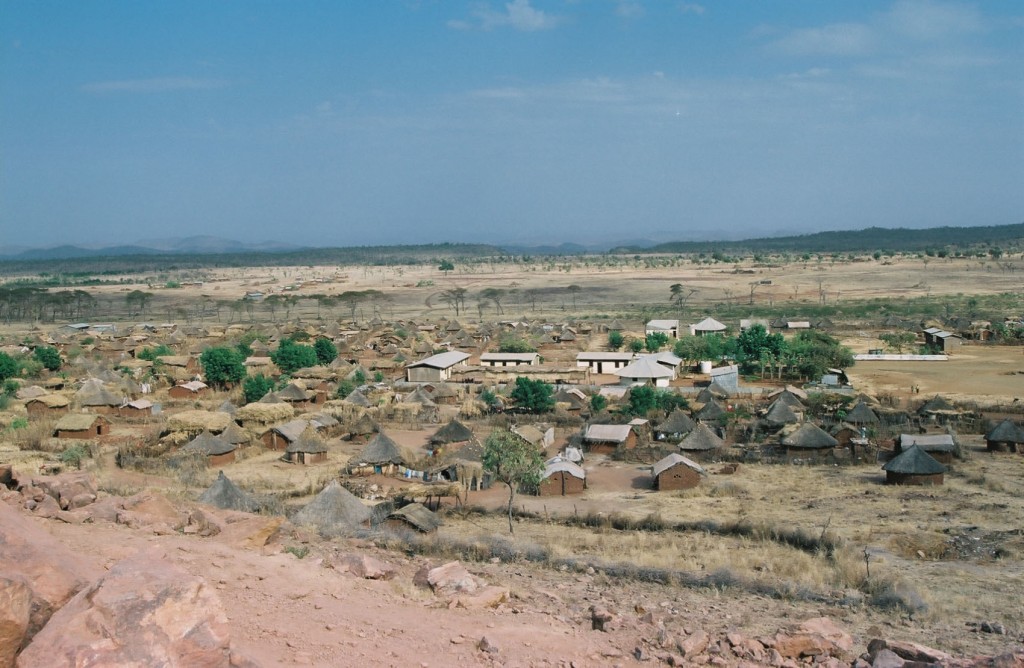By NICOLE SCHILIT
Genet’s soft voice makes it difficult to make out the words she is saying. The young Eritrean refugee avoids eye contact, and when she speaks she turns toward the empty space in her small one-room home rather than her guests. Her hesitance is blatant. Genet, along with some other refugees are wary if telling their story will actually lead to any positive changes in their day-to-day life. The truth is they have every reason to be doubtful of outside efforts to help.
Genet has lived in Shimelba, a refugee camp in the Tigray region of Ethiopia, for two years. She arrived in Ethiopia along with thousands of other Eritreans fleeing a repressive government that prohibited any freedom and movement and mandated that every citizen serve in the military for an indefinite length of time. When she first arrived in Shimelba an organization called ZOA Refugee Care was working on practical income-generating activities to help the population living inside the camp. The activities were all built upon the notion of training the refugees to have certain sustainable skills. One example included starting up cafes which were then operated by monthly rotating groups of refugee women in order to ensure that the skill training of running a café was not limited to only a few. Another activity was a community garden whose plots provided food for consumption.
The Ethiopian Government’s justification for shutting down NGOs working in refugee camps like the one Genet lives in comes packaged in a policy passed that year called the Proclamation to Provide for the Registration and Regulation of Charities and Societies (CSP). Broken down, the policy restricts NGOs working in Ethiopia if they receive more than 10% of the funding from international sources from “engaging in essentially all human rights and advocacy activities,” according to The International Center for Not-for-Profit Law website.
Tigist Ayalew works at the Danish Embassy in Addis Ababa and believes the Ethiopian government felt threatened by the close network of community organizations working at the grass root level to raise awareness on different human rights issues. The organizations encouraged civil society to organize movements that questioned the government’s role in rights violations. Tigist explains that the government understood that these organizations received most of their funding from abroad as it would be near impossible to be able to raise most of their funding in a country as poor as Ethiopia.
The mandate severely limits the capacity of almost all NGOs in Ethiopia that work with refugee populations. The government’s strategy is to cut the funding course for the organizations. According to Tigist, the policy has jeopardized NGO operations while allowing the government to maintain a “fair” position because technically, they are allowing community based organizations to continue their work, if they can receive their funding from within Ethiopia.
Genet has few ways to make money today. She sometimes braids hair for a small fee. Otherwise she uses her free time now to make beaded crafts. Genet has an entire box filled with ping pong-sized beaded ornaments that she hopes the refugees being resettled to the United States will take with them to hang in their car once the begin their new life.
Andu is the guard for the Shimelba Refugee Camp’s community garden. He was chosen by ZOA to be the guard four years ago and remained at his post even after the organization left. “When ZOA was here,” Andu explains, “they provided seeds, generators, and gardening tools.” ZOA had originally created and organized the garden space, which even includes drilled wells.
As the guard, Andu’s job is to distribute the land and materials that are now provided by the National Rural Development Partnership (NRDP) in Ethiopia. Andu also watches over the land during the nighttime to ensure that animals and others do not disturb the gardens. Andu is one of the lucky ones whose job still exists and continues to provide enough income for him to live comfortably. The NRDP, though not physically present in the camp, pays Andu’s salary now.
Uncertainty, fear, negative media and confusion about the roles and responsibilities of a civil sector now characterize the current context the NGO sector operates in. However, not all NGOs are agreeing to shut down their programs. Tigist explains how some organizations have been able to work around the policy by splitting their work into two separate operations. One part is able to continue working on right issues while the other focuses on service deliver. But these organizations are fighting an uphill battle. “The organizations registered as Ethiopian have to start from scratch and cannot use the asset owned by the organization, as it is considered to be donated by outside sources,” Tigist explains. She continues to say, “you can imagine how hard it is for these organization to continue their operation as usual and forced to downsize their operation.”
The refugees that live in Shimelba demonstrate the positive effect an organization like ZOA can have on day-to-day life within the camp. It is nearly impossible to broach the subject of economic livelihood activities within the camp without hearing some reference to ZOA, physically absent the organization has left a sizeable imprint among the community.

